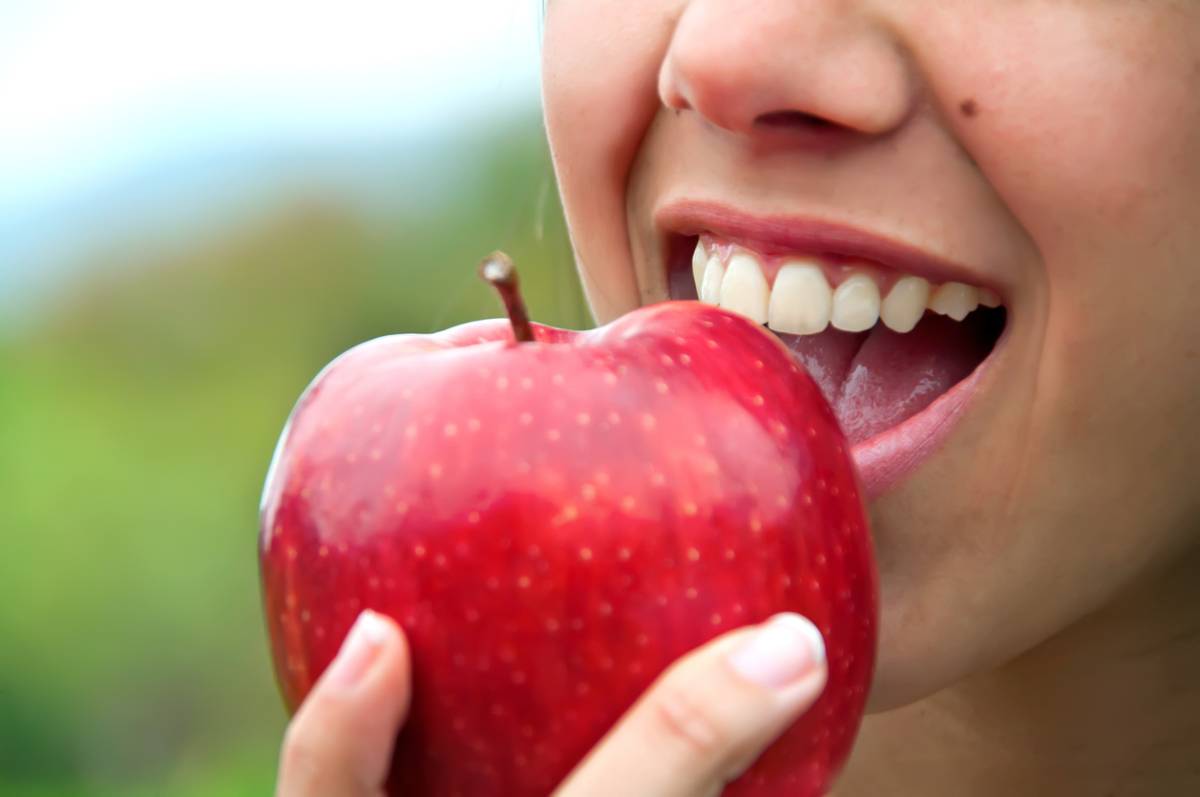As a popular, pain-free, and non-invasive treatment, dental bonding is an easy way to cover up damages or blemishes that make you feel less than confident about yourself. The entire process can be completed in a single sitting, as the dentist will apply a composite resin material to your teeth and bond them with a curing light. Once bonded, this material offers a new protective layer over your teeth that not only make them healthier but also change their appearance. Let’s look at eating with bonded front teeth.
Eating with Bonded Front Teeth
If you are looking for an almost instantaneous way to straighten and whiten your teeth, this is the procedure for you. This is a great treatment that can be done by your Glendora dentist for the whole family. There are very few recovery requirements, but the most important thing to know is what you can and can’t eat immediately following your procedure. Today, we will talk about eating with bonded front teeth in particular.
Tooth Bonding: Short-Term Durability
It is important to watch what you eat after you receive dental bonding on your front teeth, as the composite resin material may be sensitive to hard and chewy foods. While the results of your dental bonding treatment typically can last 5 – 10 years, eating the wrong thing can greatly shorten the lifespan of your gorgeous dental work. Typically, dental bonding remains preserved for the front teeth only, as you stay much less likely to chew hard substances with your two front teeth.
What Not to Eat
Unfortunately, there exist certain foods and beverages that should stay avoided as much as possible when you first receive a dental bonding treatment. If you want to get the results of your treatment to last for many years, you will want to maintain a good oral hygiene and diet routine.
Some foods to avoid include:
- Sticky substances, such as candy, caramel, gum, and taffy. Not only can these chewy products cause a strain on your teeth, but they also contain tons of sugar which can lead to eventual decay.
- Hard foods, which are probably the very worst items you can put in your mouth after receiving dental bonding. Candy, nuts, ice cubes, popcorn kernels, and other hard items should remain avoided as much as possible for the betterment of your dental health.
- Staining products, like coffee, alcohol, tobacco, tomato juice, and berries. While these make up some of the most favored flavors and foods in the world, it remains, unfortunately, necessary to cut back so you don’t risk staining the dental bonding work that has just finished.
It isn’t just food or drinks you need to stay away from; using your teeth to open lids or packages can be severely damaging. If you don’t want to risk harming both your dental bonding and your natural tooth underneath, you might want to readjust your daily diet and steer clear of substances that could stain or damage your teeth.
Experience the Benefits of Dental Bonding Today
There are numerous benefits to receiving a quick and pain-free treatment like dental bonding, which can drastically change the shape and appearance of your teeth. When applied to your front teeth, dental bonding can give you a brighter and whiter appearance to inspire confidence and good health.
There are a few substances you need to avoid, however. Foods like tomato sauce, blueberries, and red wine can damage your dental work in a short period of time, leading to more expensive problems down the line. At any point in time, you are welcome to get in touch with our top-notch dental bonding experts in Glendora to learn more about this procedure and find out if it will work for you.




